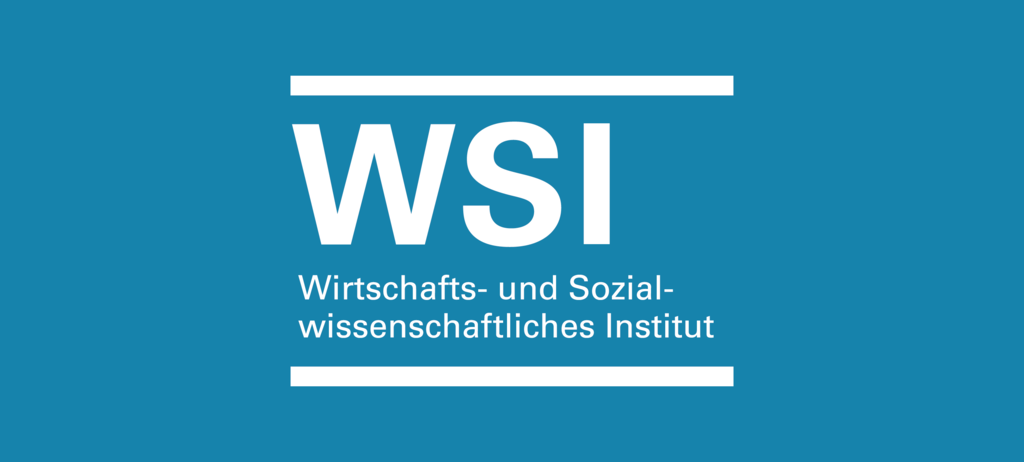
Towards a more expansive and solidaristic development?: Wages, collective bargaining and economic development in Germany
During the last decades, German industrial relations have undergone significant changes leading to a partial erosion and fragmentation of collective bargaining as well - and more fundamentally - to a significant change in power relations and the weakening of trade unions. As a result, wage developments in the 2000s in Germany became rather moderate with a growing differentiation among sectors, a sharply rising incidence of low wages and an overall decline of the wage share. This moderate wage development also influenced Germany's overall economic development model as it significantly dampened private demand and thereby promoted a growing discrepancy between a flourishing export industry and a largely stagnating domestic sector. More recently, there have been some indications that German wage policy might change again in a somewhat more expansive and solidaristic direction.
Quelle
Bispinck, Reinhard; Schulten, Thorsten (2014):
Wages, collective bargaining and economic development in Germany - Towards a more expansive and solidaristic development?
WSI-Diskussionspapier Nr. 191, Düsseldorf, 30 Seiten